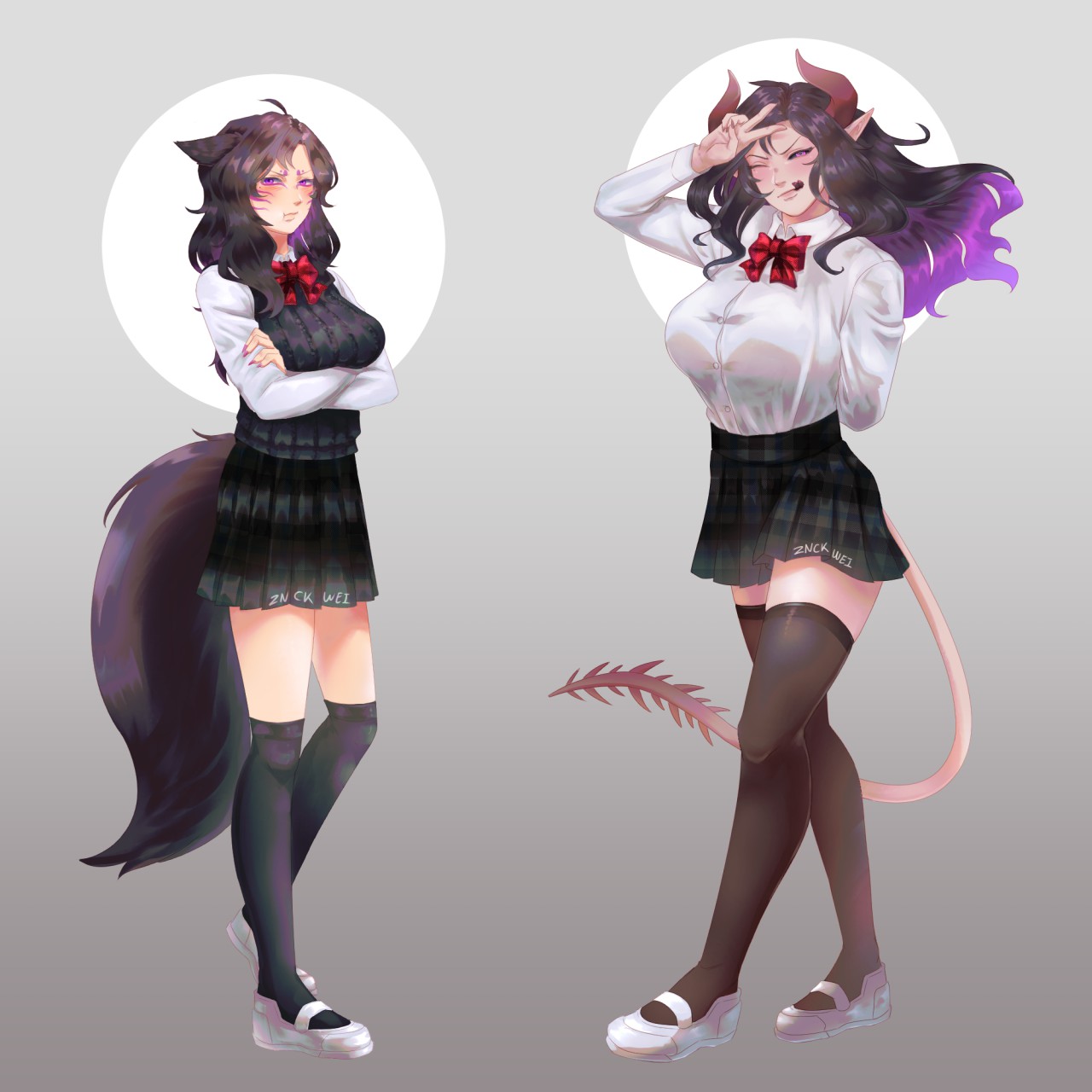
I had expected the story to simply be an “excuse plot”, but as it turns out, Succubus Academia is a lot more subtly clever than I gave it credit for.

So we’ve established that the gameplay’s pretty solid, but by far the most interesting thing about the game for me is the writing. Rather than raising your base stats, gaining enough EXP to level up simply spawns random items, which is certainly an interesting take on things, and while these items could potentially be the aforementioned trinkets (meaning that a level up could potentially provide permanent stat boosts), you will generally progress faster simply progressing through the dungeons and picking them up from the treasure chests within.Įach dungeon also has its own gimmick/puzzles which I found to be just interesting enough to add a bit of spice to exploration without being frustrating enough to warrant using walkthroughs or other external guidance – for example, the Swimming Pool area involves raising and lowering the water level which will cut off or open new paths, while the science lab involves looking at the shadows cast by characters while interacting with light sources.
High school of succubus enginge upgrade#
There’s quite a few innovations explored with the game’s progression system – while an EXP system is in place by absolute technicality, most of the progression is item-based, collecting trinkets that allow you to learn another talent in the skill tree or upgrade your gear. While this is an expected norm nowadays, certain RPGMaker games definitely did not get the memo, so it’s a relief to see that Succubus Academia does in fact understand the value of time. Succubus Academia also has excellent pacing overall, a far cry from the early days of the circle’s games where each new area have to be followed by 30 minutes of grinding in order to gain enough levels to progress.

While the game gives you the freedom to choose your style for the most part, you’ll find it worthwhile to eventually use all of them, due to factors such as some bosses having abilities that will force you into specific personality type, which is a very good way to find yourself completely underpowered if it’s one that you have neglected so far. There’s the Path of a Hero, focused around giving yourself defense buffs and self-healing, the Path of a Coward, a battle style consisting around comboing several effects that stack together multiplicatively for a dramatic finish (which reminds me of playing a Rogue in World of Warcraft), and finally, the Path of a Slave, which increases the critical rate of BOTH parties in a fight, ensuring that a resolution to the battle will certainly be fast… even if half of the time, it isn’t in your favour. SA’s battles are surprisingly engrossing, featuring three “personality” types to select from which affect not only combat style mechanically, but also changed the dialogue interactions with the enemies.

That being said, I’m happy to be proven wrong somewhat.


 0 kommentar(er)
0 kommentar(er)
